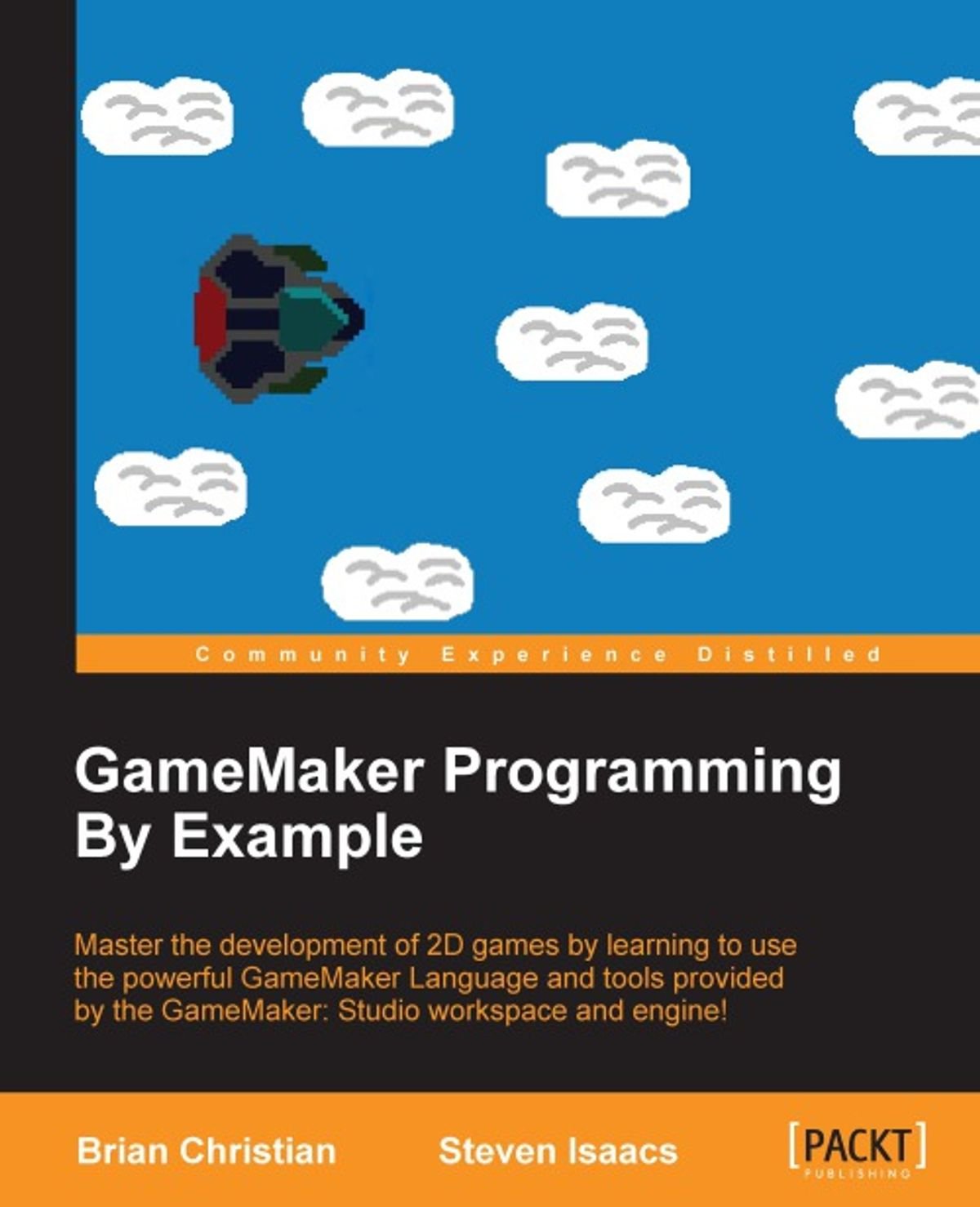Episode 80: Brian Christian
Can We Teach AI Systems Human Values?
AI & machine learning have been at the center of moral debate for decades now. Scientists and lay people alike know, or assume, that there will come a day where machines will not just figure out how to accomplish goals, but will also figure out what those goals are. That is the central question of our guests latest book, The Alignment Problem.
Brian Christian is a visiting scholar at UC Berkeley working with human compatible AI and the Citrus Foundation. He is also known for co-authoring Algorithms To Live By: The Computer Science Of Human Decisions.
How do we make sure that our training dataset is representative? How do we make sure learning systems are learning the right things? And how can we make statistical classifiers more accurate when it comes to using algorithms for issues like probation and parole? These questions and more are all tackled in this episode.
Episode Quotes:
How can we aim to avoid unconscious bias in datasets?
“I think there's a lot of work to be done both in terms of thinking about what are the data sets that we're really using, how do they generalize to the populations of people that are really going to be affected by a technology?
And also how do we articulate what we are truly trying to get this system to do? If certain mistakes are many orders of magnitude more costly than others, we have to find some way of expressing that or else by default, we're going to get a system that doesn't do anything close to what we want.”
Issues with statistical classifiers to think about probation, parole in US:
“But what you did see in terms of the difference between black and white defendants was a difference in the actual kinds of errors that it was making.
So, if you look specifically at the defendants that were mispredicted, misclassified, you find that black defendants relative to white defendants are about two to one more likely to be misclassified as high-risk. White defendants, the other way around, two to one more likely to have been misclassified as lower risk than they really were.”
Encouraging research on the future of machine learning:
“My personal favorite is a paper between open AI and deep mind, where they were able to get a system to learn how to perform a backflip in this virtual world. Merely by showing users pairs of video clips of it moving randomly and saying which of these is slightly more like a backflip.
And by showing people 900 such video clips and just saying which of these is slightly more like a backflip, the system was able to infer a representation of what a backflip was. That was good enough for it to then learn how to execute these beautiful gymnastically, perfect backflips, sticking the landing, et cetera.
And I think that to me frankly, it's about as hopeful as I have felt about this problem space in many years, because I think there is this promise that we can develop a methodology for extracting, somehow , the norms, the preferences that we have in our head.”
Show Links:
Guest's Profile:
Academic Profile at Simons Institute for the Theory of Computing at UC Berkeley
His Work:







